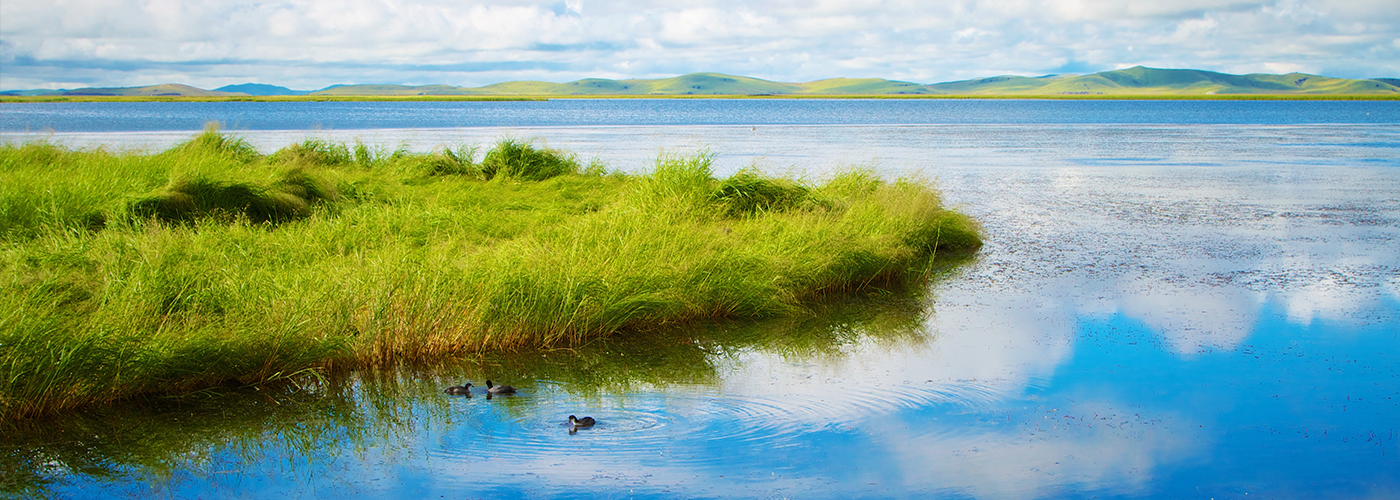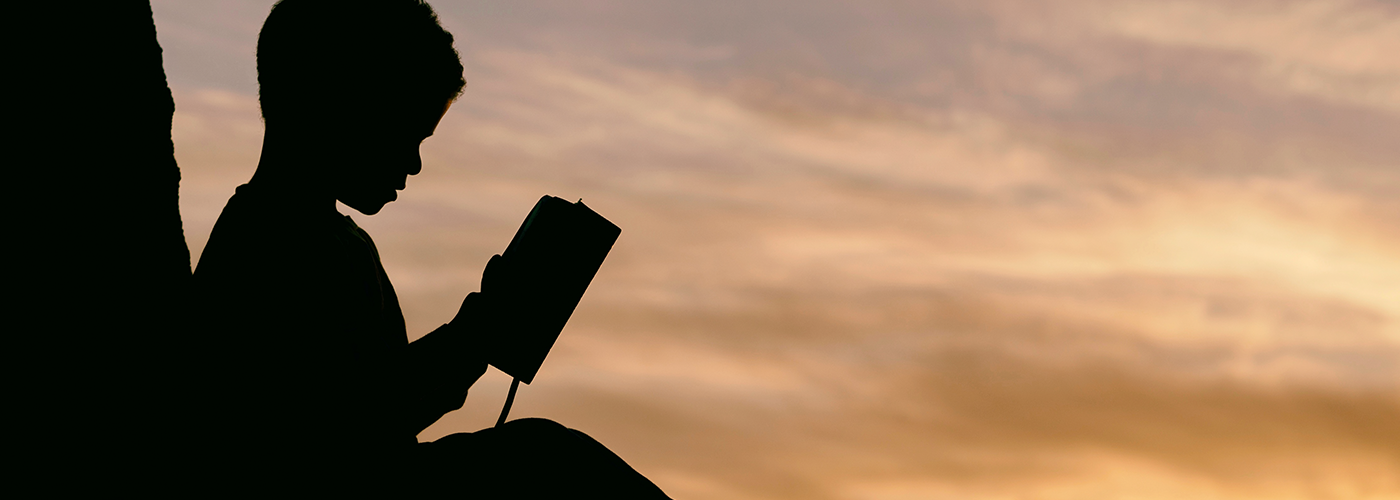a sed in Singapore, Ecosoftt – Eco Solutions For Tomorrow, Today – specializes in decentralized management of water, wastewater, and environmental services for the developed and developing worlds. Their Water SMART Homes & Communities platform allows property owners and building managers to reduce their water footprint and waste by up to 50 percent, to recycle and reuse up to 80 percent of wastewater for non-potable purposes, and to discharge at least 20 percent of treated water in a way that protects Mother Nature. Ecosoftt also leads education programs focused on water, sanitation, livelihood and wellness for rural and marginalized communities.
sed in Singapore, Ecosoftt – Eco Solutions For Tomorrow, Today – specializes in decentralized management of water, wastewater, and environmental services for the developed and developing worlds. Their Water SMART Homes & Communities platform allows property owners and building managers to reduce their water footprint and waste by up to 50 percent, to recycle and reuse up to 80 percent of wastewater for non-potable purposes, and to discharge at least 20 percent of treated water in a way that protects Mother Nature. Ecosoftt also leads education programs focused on water, sanitation, livelihood and wellness for rural and marginalized communities.
Stanley Samuel, founder and CEO at Ecosoftt, shares his personal connection to water and the legacy he hopes to leave behind through his work.
What inspired you to start this company?
Water and I have a strange and divine connect. Growing up, I would wake up at 4:00 a.m. each day to fill water with my grandmother who set up a school to teach underprivileged children, so that they had access to better education. This etched memories and myriads of questions that were unanswered. I was just 12 years old. Most of my summer vacations were spent building rain water harvesting facilities, securing embankments of rivers/rivulets, and building check dams to hold back water so that the farmers and local communities could store water for their use for the rest of the year.
The failures and gaps in the current dominant solutions and the apathy faced by people were etched in my mind. As I grew up, I became more aware about water and the challenges. I left my small sleepy village to a bigger town and then a bigger city for a better life, and then to other states within India. I had the privilege to travel to over 70 countries and work in over seven of them, only to realize that the more I ran away from the water, the more I ran into it.
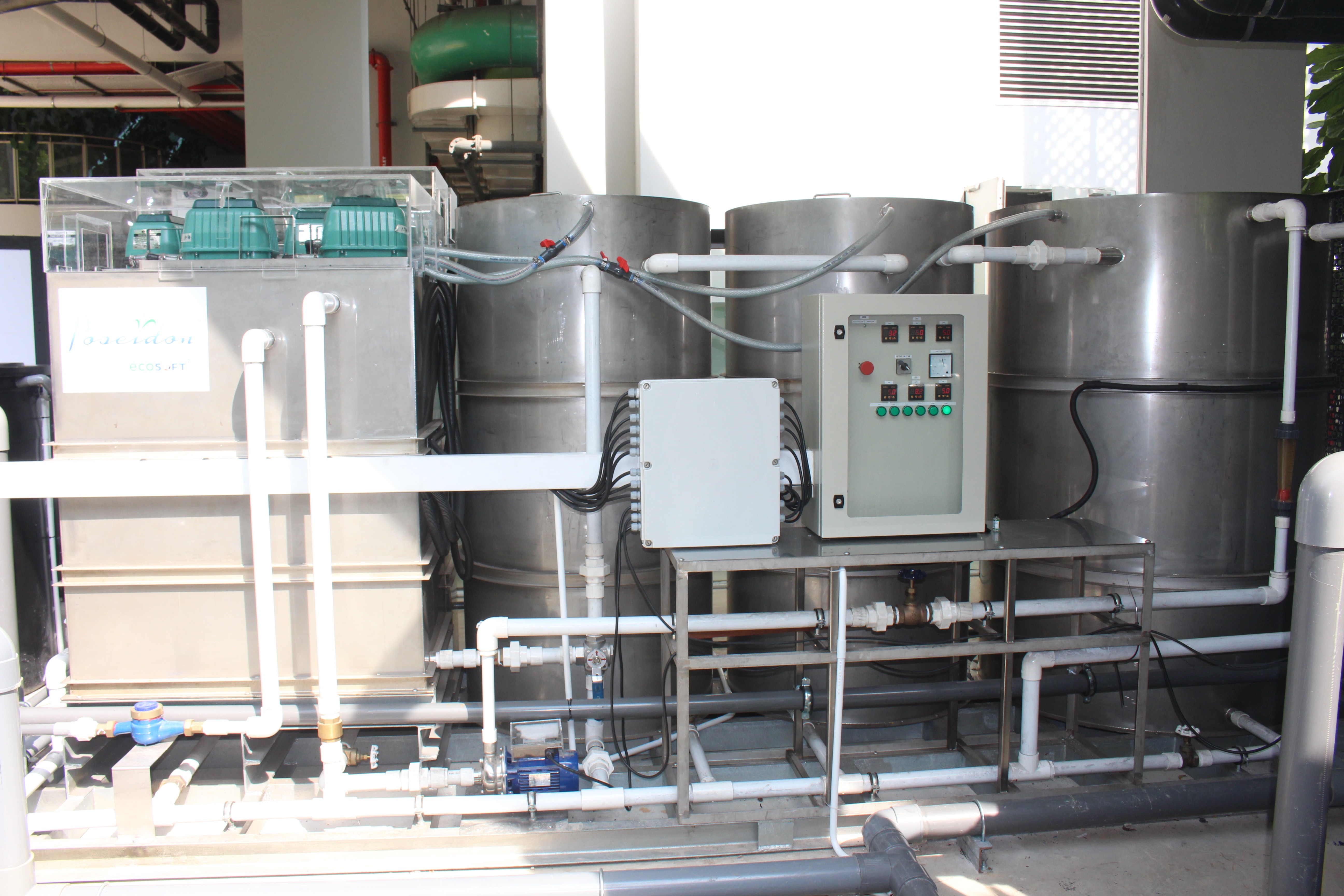
Ecosoftt developed Singapore’s first Water SMART Blue Building with an on-site wastewater recovery and reuse system, pictured here.
Water poverty, shortage and scarcity, I realized were a global phenomenon and affects us all. Reducing the influx of untreated sewage flowing into rivers and water bodies was more exciting than achieving top line growth. Conserving water bodies for future generations became most important. Receiving a bonus, appraisal and rating as a senior manager became irrelevant when compared to the smiles, hugs and blessings of women who were liberated from the daily drudgery of filling water or going out in the open to bathe and defecate.
The notion was that I would do something after I retired at the age of 65 with a pension and all the securities in the world. But the challenges, crisis, compulsions, and circumstances forced me to take a call to be able to make an even better difference. I transitioned from corporate to the social impact space from the age of 44-47 years and said to myself, 65 years will be too late. What needs to be done, needs to be done now!
Why does water matter so much to you?
Regardless of whether you are in the developed or developing world, all nations are suffering from water poverty, scarcity, shortage and quality issues. Only the extent differs. Across the world, water sources will be shared between countries or regions as well as competing demands of agriculture (food), energy, industries and habitats where over seven billion people live. If we do not manage and protect our water sources, there will be growing conflicts.
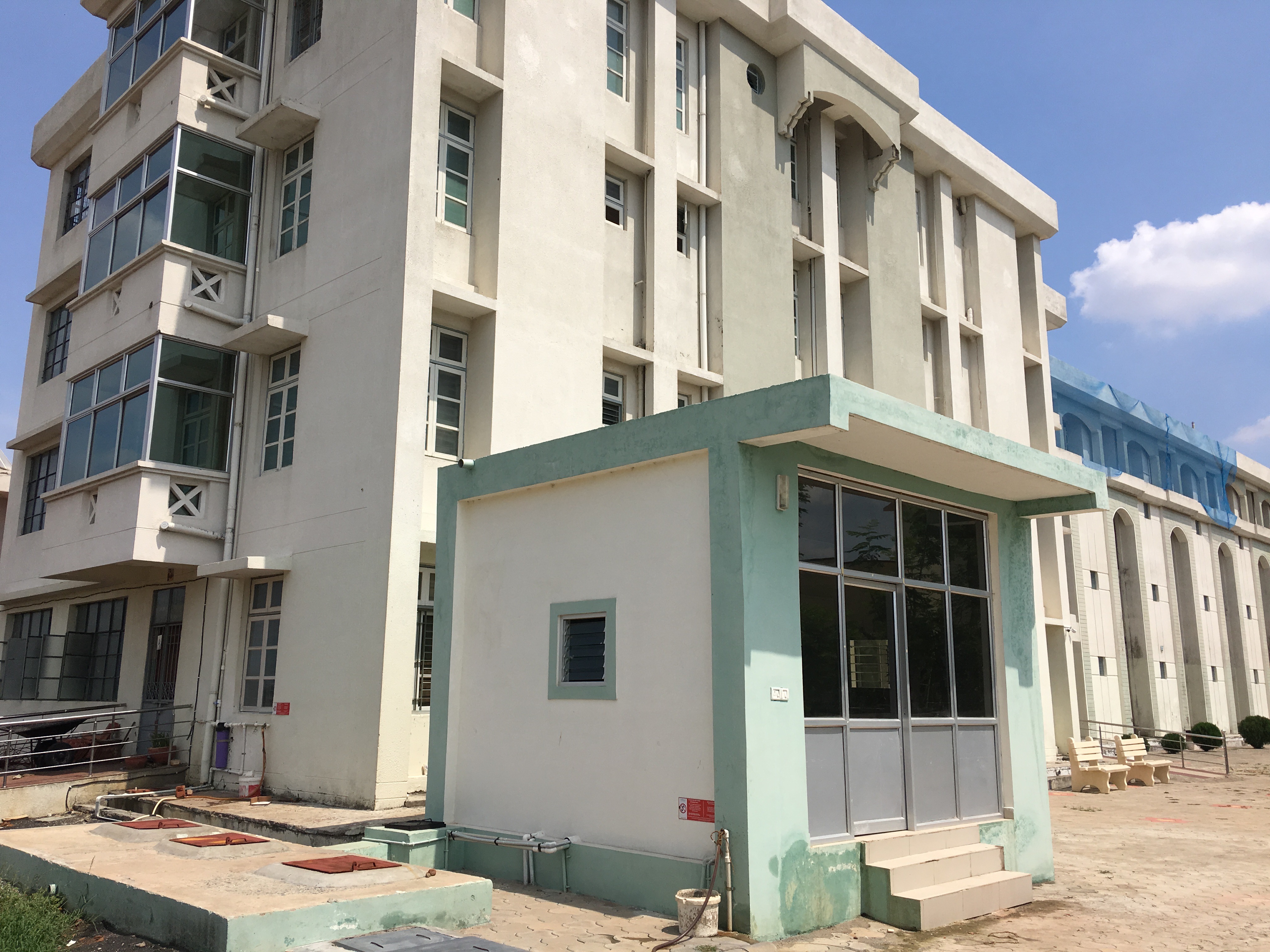
Installed at a home for the elderly in central India, Ecosoftt’s technology works as a water recovery system, reusing 15,000 L from septic tanks and harvesting 500,000 L of rainwater for reuse at this off grid facility every day.
There’s so much reason to do something about it. While the problems may seem global, localized and decentralized approaches help address gaps and challenges that the current dominant solutions have not been able to resolve or address.
Why is your solution unique?
We are probably the only company in the world that focuses on the decentralized and integrated management of water and used water. Most companies either focus on drinking water or access to safe drinking water, whilst others focus on sewage treatment for industrial and municipal level service providers. We offer solutions across the value chain of water.
We are unique as our solutions look at water from source back to source, along with more efficient uses at source (points of use and discharge). We are relevant in three of many scenarios: 1) where there is no grid or off grid; 2) where the grid is dysfunctional; 3) where there is a grid and there are compulsions to save or reduce load on the grid.
Drinking water is only 2-5 percent of one’s daily footprint; 95 percent is for non-potable purposes. Why use finite fresh potable water for non-potable purposes? If we do not care or take care of our sources, how can we even achieve our goals of access to safe water for all?
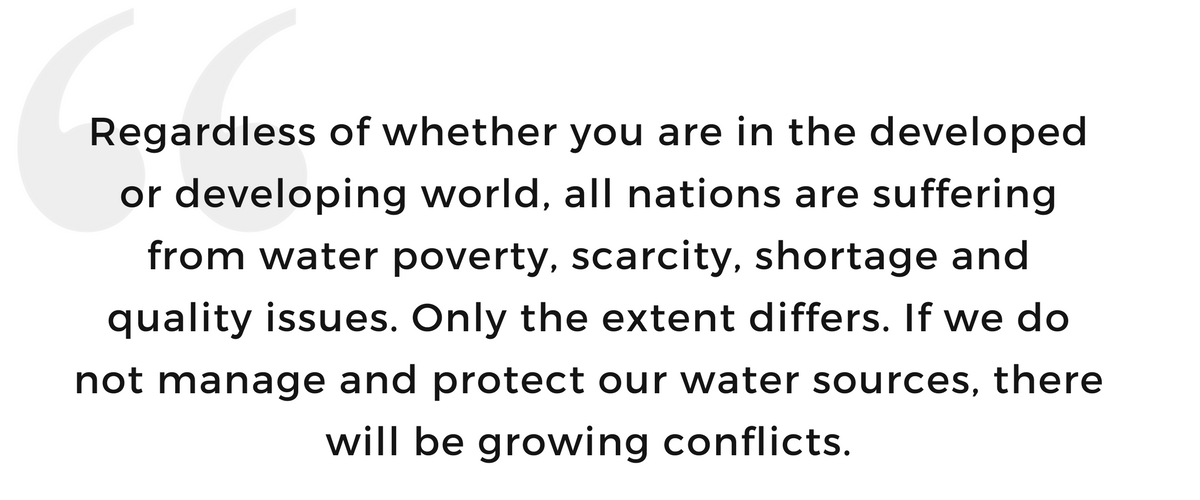
Hence, we offer a comprehensive and integrated set of solutions that allow our customers to reduce their fresh water intake or footprint; recover, recycle and reuse over the majority of their used water for many non-potable applications; and discharge water in an environmentally friendly way, so that our sources are protected and replenished.
What has been your company’s proudest moment been to date?
I recall going to local leaders and governments with our ideas and plans in mid-2012. They all laughed at me and said that my vision of a model village was utopian. They dismissed all my ideas about making water supply 24/7, about providing a toilet and bathing room for each family, about establishing a metered connection that allows them to pay for their monthly water bills, about building toilets with no septic tanks/soak pits and a waste water recovery system, and many more.
With the local team and with persistence, we commenced with one small marginalized hamlet and soon our vision and model became a reality. As the project progressed, people got charged up and other communities started inquiring. Today, the same community is an inspiration and model to over 100 others, and the program is scaling up without support from the local government or institutions that do not deliver.
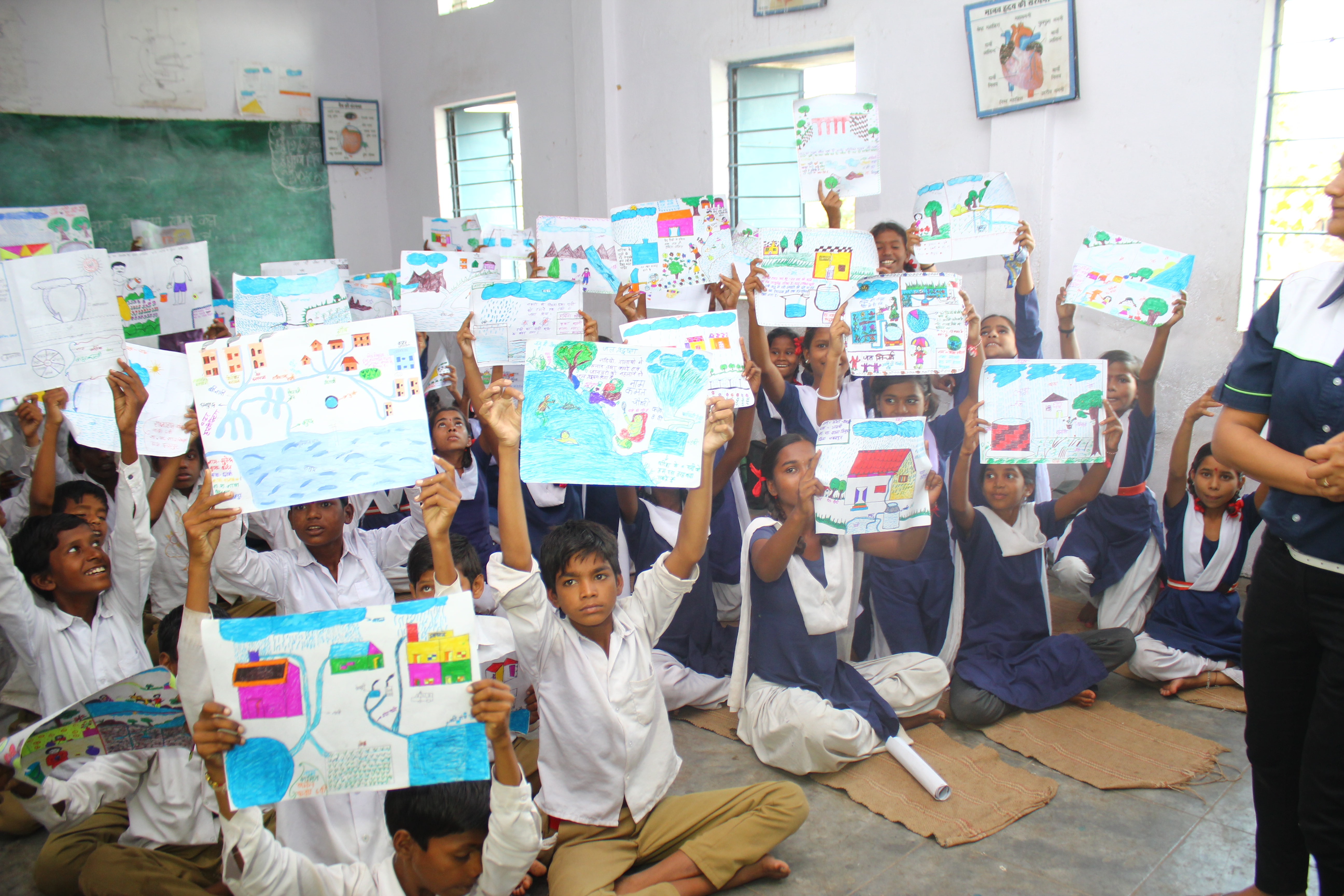
In addition to being a technology company, Ecosoftt runs educational programming for children in rural areas. Here, they display water paintings.
In less than four years, we have successfully implemented over 25 projects, we are breaking even, and we’re making a nominal profit based upon all our activities combined. All of our activities support and complement each other – our biggest competitive advantage.
What do you hope the world will look like as a result of your work?
Our mission by 2050 or before is to:
- Treat over 1 trillion liters of used water each day.
- Conserve, restore and recharge over 1,000 water bodies (lakes and rivers).
- Develop, nurture and support over 1 million entrepreneurs in this space of water, wastewater and environmental services.
- Develop over 10,000 communities through our Community Led Transformation Program that focuses on water, sanitation, livelihood improvement, education and wellness.
- Engage and create a global network of over 10 million students, global citizens who can work together, collaborate and focus on water, its conservation and solving real world issues.
My legacy would be where people once again live in equilibrium and accept that the Water Cycle and Life Cycle are one and the same thing. To leave a world where conserving water is not a deliberate daily act, but rather a way of life. And that our carbon or water footprint is at its best net positive or at best net zero.
I may not be around, but I have confidence that our vision, mission and work will be carried forward by amazing people, associates, mentors and collaborators.
This company participated in Unreasonable Impact created with Barclays, the world’s first multi-year partnership focused on scaling up entrepreneurial solutions that will help employ thousands while solving some of our most pressing societal challenges.


